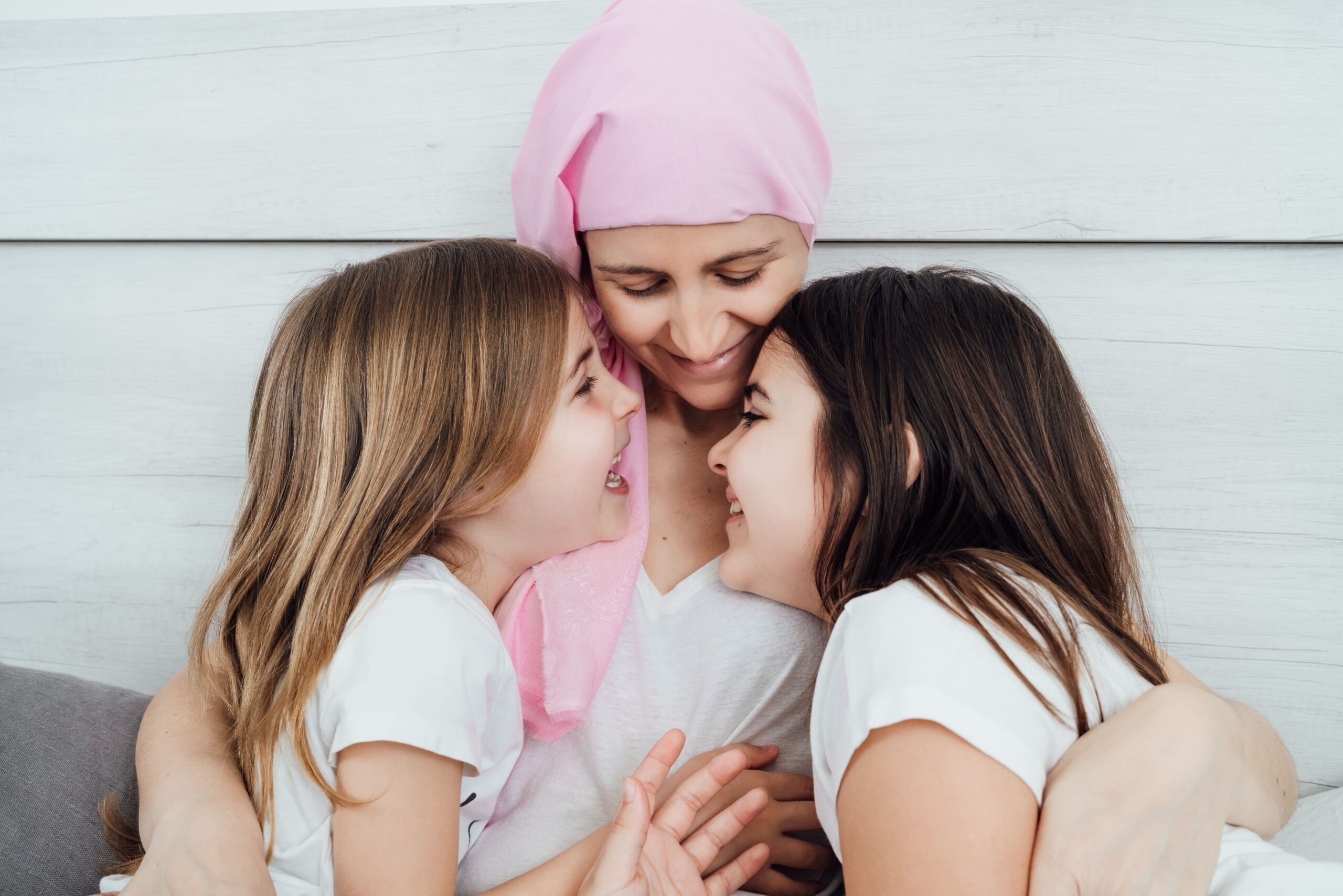Rachael's Story
Rachael shares the highs and lows of her cancer journey which started at the age of 33. Her honesty about her fear of not being able to breathe, but learning not to panic gives a great insight into her experience.
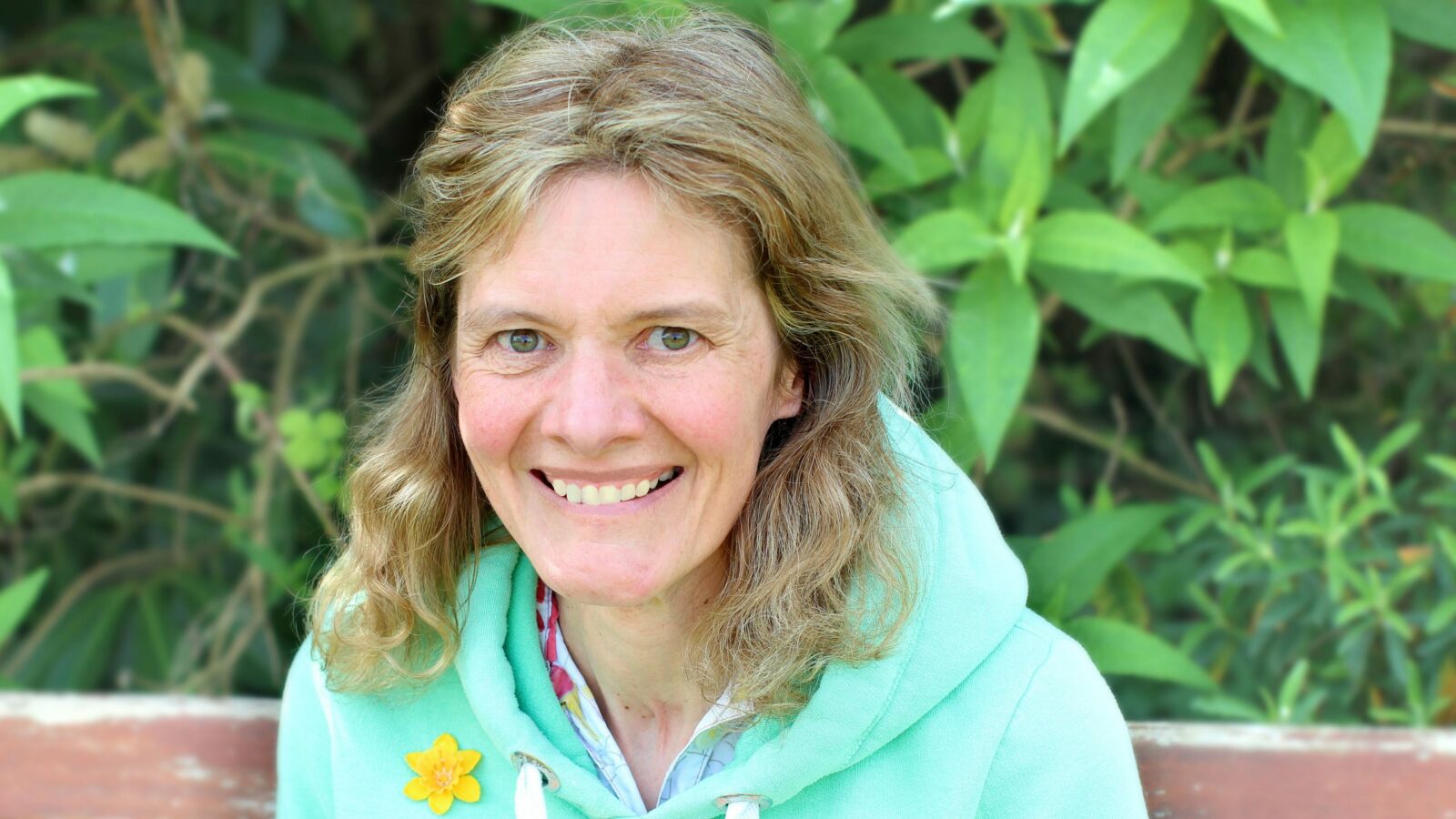
Rachael lives in Mid Wales with her husband, Alex, and their children Freya, Torin and Finn. She was diagnosed with cancer in her tonsils and neck in 2003, at the age of 33.
I went into hospital for a routine operation to have my tonsils removed, but came out as a cancer patient. It wasn’t expected. I didn’t ‘tick any of those boxes’ of those most at risk of mouth cancer. I wasn’t a heavy drinker or smoker, kept reasonably fit, ate well, and was relatively young for such a disease.

From the moment you hear you have cancer, things are never quite the same. Cancer becomes your life for a while; it occupies your thoughts and your life revolves around treatment. You may never forget it completely, but it does recede and life does return to normal, impossible as it seems at the time.
Whilst the news was obviously a shock, in a strange way I found it easy to accept because something could be done, they had plans for treatment by the time they told me. I am sure everyone reacts and copes differently, but I was determined I would get through it and would have undergone anything necessary. I had a wedding planned for ten weeks later anyhow, and didn’t want to cancel that if it could be helped!
What I found harder was to tell other family and friends. I would have felt so much worse had it happened to someone else, than I did with it happening to me. As far as I could see, I had cancer, I was going to have an operation and worrying about it wasn’t going to change anything.
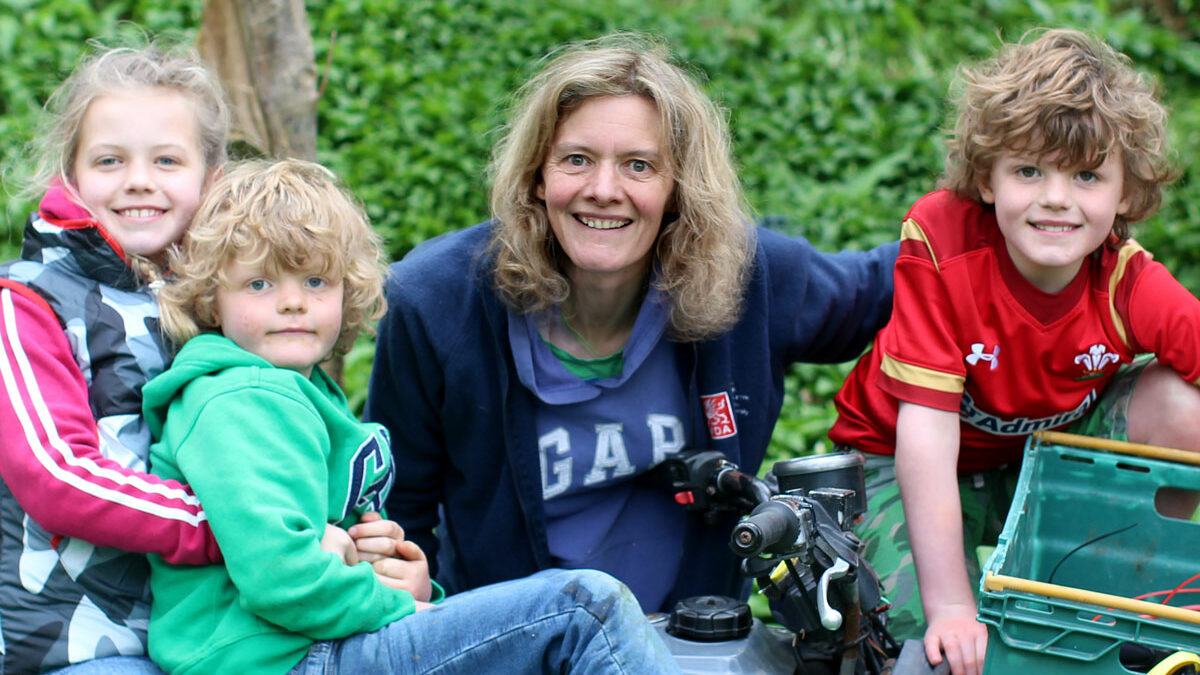
The details of the operation discussed that day in the office were fairly graphic, but for me, I wanted to know everything. I was lucky to have consultants and nurses who were prepared to spend the time going through the details and would answer questions patiently, again and again as I forgot.
The treatment began and I handed over my body for the first sets of needles and tests. The ‘big’ operation was scheduled for two weeks later.
I returned a week later to have a stomach PEG inserted- this is a 40cm tube, one end of which was inserted into the top of my stomach, beneath the ribcage, which would allow me to take in food and medicine without the need to swallow. Initially the PEG was sore, owing mainly to my previous attempts to improve my stomach muscles by vast amounts of ‘sit-ups’…serves me right.
Over the coming months it was generally trouble free and it was a real life saver. In early days after the operation, most medicines and all food went down, hassle free – one less thing to have to contend with. During radiotherapy later, the only way I could get any food in was via the PEG tube, but it meant I could still keep my strength up and aid recovery.
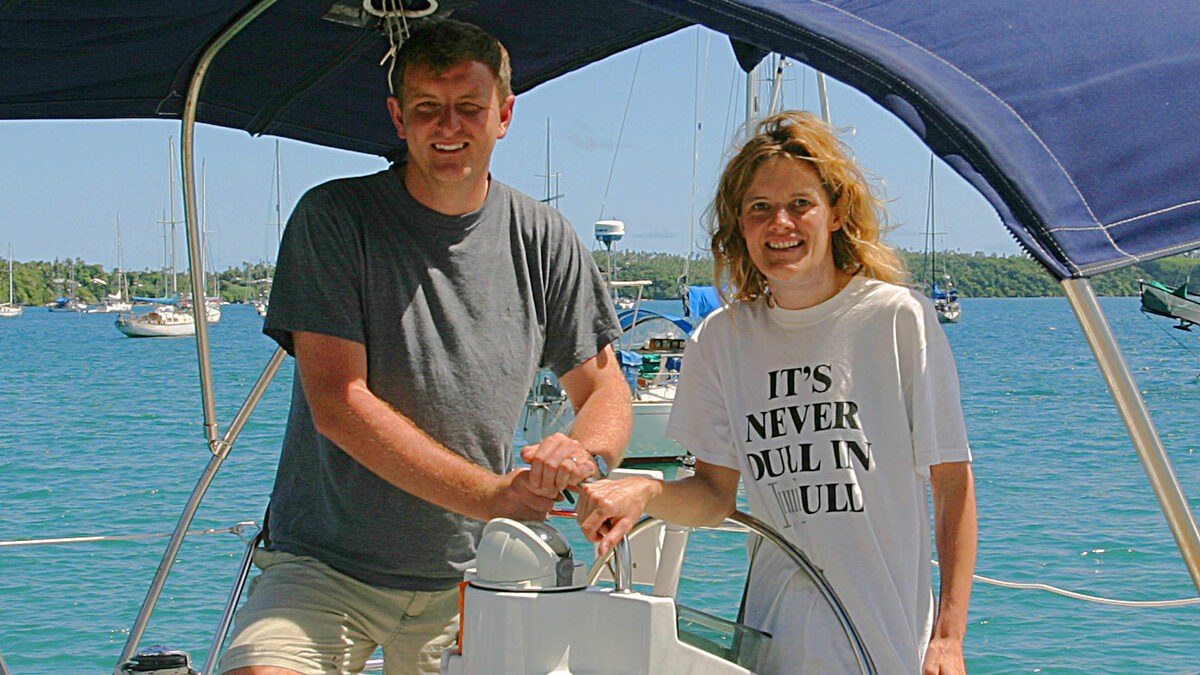
I remember waking up quite early the morning after the operation in ITU, thinking ‘ well it’s done now; from now on it gets better’. Initially, my mouth felt like it had been smashed up with a sledgehammer and roughly reconstructed. It didn’t hurt, but my tongue must have been so swollen, it couldn’t make sense of the inside of my mouth. There was always a chance that the graft in the mouth wouldn’t take, and the procedure would have to be repeated with the other arm. I was always very relieved those early days when the ultra sound device picked up the pulse of the artery, meaning it had been a success. I didn’t fancy starting from scratch again if I could help it.
There was, on the whole, no real pain, only discomfort. The nurse talked me through everything as he gradually took me off the ventilator and removed needles and tubes from my hands and arms – unpleasant, but quickly over. It was difficult not being able to talk back because of the tracheotomy. Things obviously didn’t feel normal, but what was normal given the circumstances?
Most of the trouble comes from not being able to communicate your fears or questions easily or not wanting to make a fuss. If I had to single out one thing I hated throughout the whole experience, it was the feeling of not breathing comfortably at times. I remember how, early on, in ITU, the sponge cover of the tracheotomy turned itself round or something, and somehow this made it hard to get air in, but the nurse didn’t understand what I was trying to communicate, I couldn’t understand what was happening.
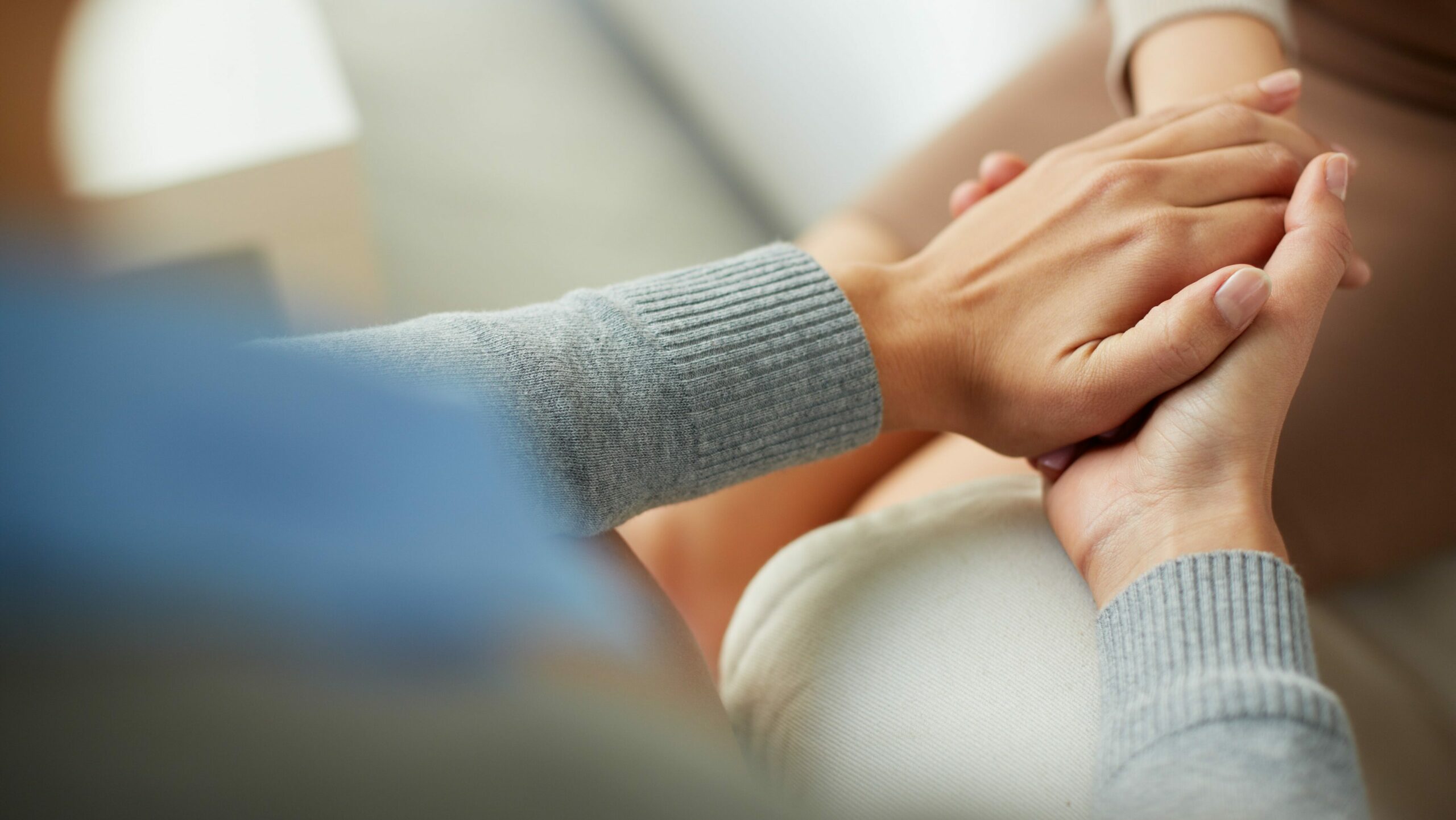
These occasional problems were to last, to some extent, even once I got home. I could endure any amount of pain, but I had to talk myself into not panicking whenever I had difficulty breathing. Initially this was caused by fluid which had built up on my lungs, because of the long time I was under anaesthetic. The tracheotomy tube would feel semi-blocked.
I got used to the feeling of having my lungs ‘hoovered’ with a suction device to remove the fluid, which inevitably led to a coughing reflex. Even this was preferable to the feeling of laboured breathing. But as the days went on, I grew used to this, and to the feelings of tightness round the tracheotomy in my neck, which felt very constricting at times. The effectiveness of the anti-inflammatories and pain killers seemed to gradually diminish, the hours of relief given felt shorter and shorter as time went on, but as I got used to the feeling, it became more normal and easier to accept. Once it was familiar, it was fine.
Having visitors was great, kept me sane and I was lucky to get lots. Initially however this too added to the feeling of an endurance test. It was not uncommon to get 5 hours of visitors a day and maintaining the communication (via the ‘etch-a-sketch board’), and repeating it all, one set of people after another was hard, especially with people who had travelled a long way to see you and you felt you should make the effort for.
It was actually far easier to see people ‘en masse’. They sustained the conversation between themselves and I could just ‘tune out’ a bit when I got tired. By the time poor Alex, my boyfriend (or husband as he is now!) got to visit, he was lucky if he got much more than a hand squeeze!
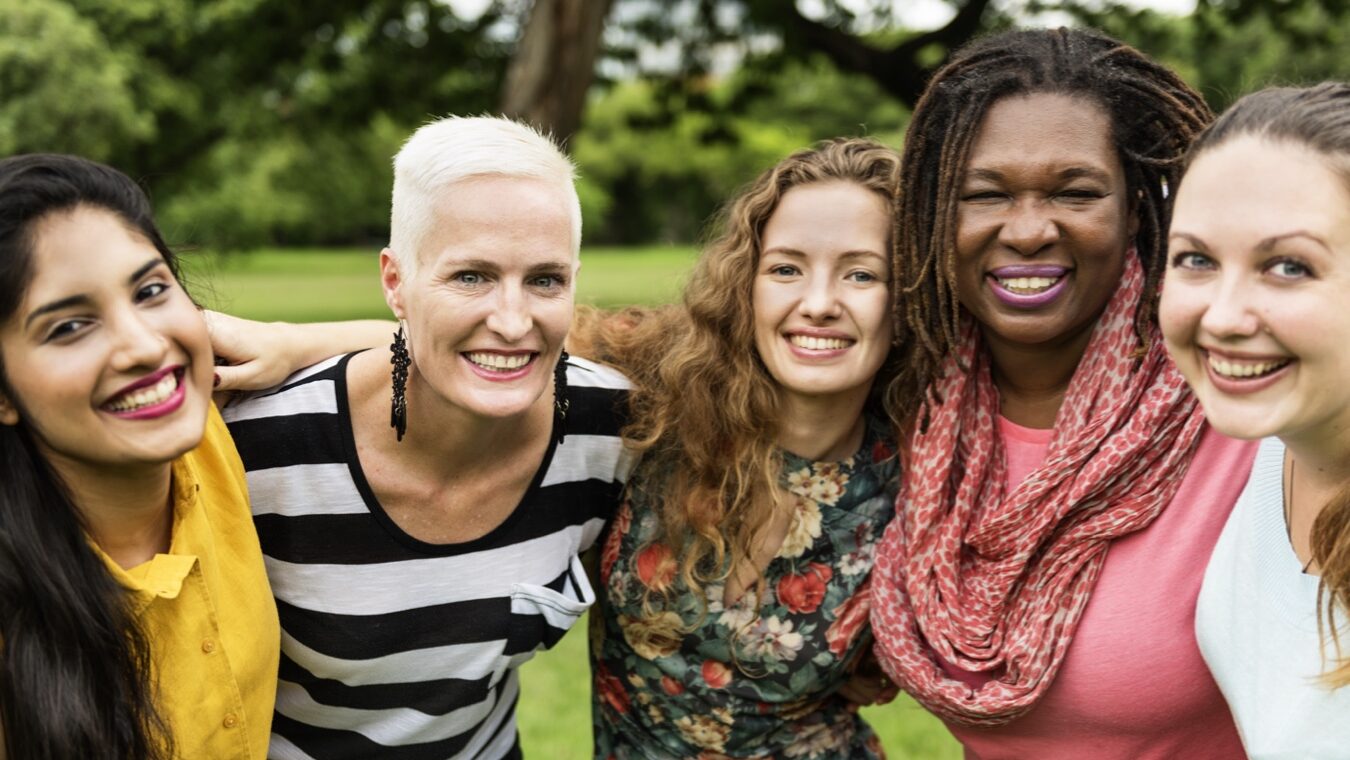
What were the other inconveniences? They were generally minor. I longed for the few hours a day when I wasn’t attached to the food drip. I was fed 15 hours out of 24, it made it difficult to move around.
When I moved on to ‘real’ food again, even though it was more to see how things were functioning, rather than for nutritional purposes, it felt like a big step forward. My tongue used to swell with each spoonful, and ideally I needed to pick at things gradually over the day in my own time schedule, rather than the set mealtimes.
Things seemed to be moving on most days, healing was rapid. It was good to have lots of sets of short term goals; drains removed, certain stitches out one day, some others out the next. The time came for the tracheotomy to come out, but once it was gone, this presented another problem. I had to rely on breathing through my mouth again, and I was, as I had mentioned, beginning to eat and talk again, both of which caused my tongue to swell up into what felt like an uncontrollable mass in no time at all.
It was probably my mind working overtime, but whenever it happened, it was still very unpleasant and again felt like it was restricting breathing. At night, I used to sleep almost in the ‘recovery position’, propped on my side with pillows, for fear that my tongue, which became like a dead weight, would block my airway, and I often avoided the Temazepam which might have helped me sleep, in case it made me less alert.
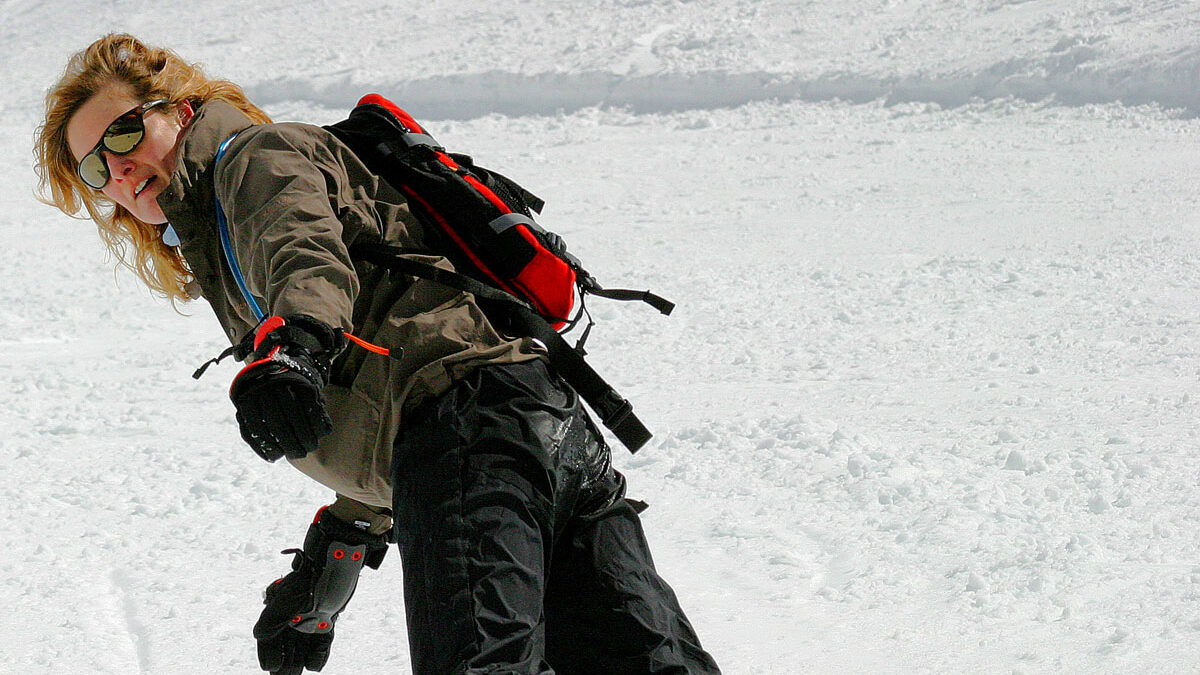
My return home was begun with a ‘day release scheme’. At first I used to just head down the hospital cafeteria for a drink, then my first heady taste of the outside world was down at the ‘Little Chef’ nearby!! For all I was wanting to get home, the hospital was still a safe place where you didn’t have to think and I was shattered. You become very quickly institutionalised without realising it. I had 2 further days at home, returning to the hospital at night, before leaving completely. It made the transition a lot easier.
I was just beginning to eat normally and feeling vaguely human when the radiotherapy started. The radiotherapy itself only lasted a few minutes each day. I was attached to the bed with a plastic mask, moulded specially for my face, and marked out with the exact location for treatment. The making and fitting of the mask was fine and required a couple of trips into the hospital prior to first treatment.
In many respects I hated the radiotherapy more than the operation. The treatment was not painful, but I disliked the fact that I felt worse each day as it went on. They wanted to be harsh they said, partly because of my age – I was young, and therefore had longer to try to stay healthy for. I was very well prepared, I had a lot of information about possible side effects and how to deal with them; burns, tenderness, mouth ulcers, inability to eat, drink or swallow, tooth decay, no saliva, tiredness… the list went on.
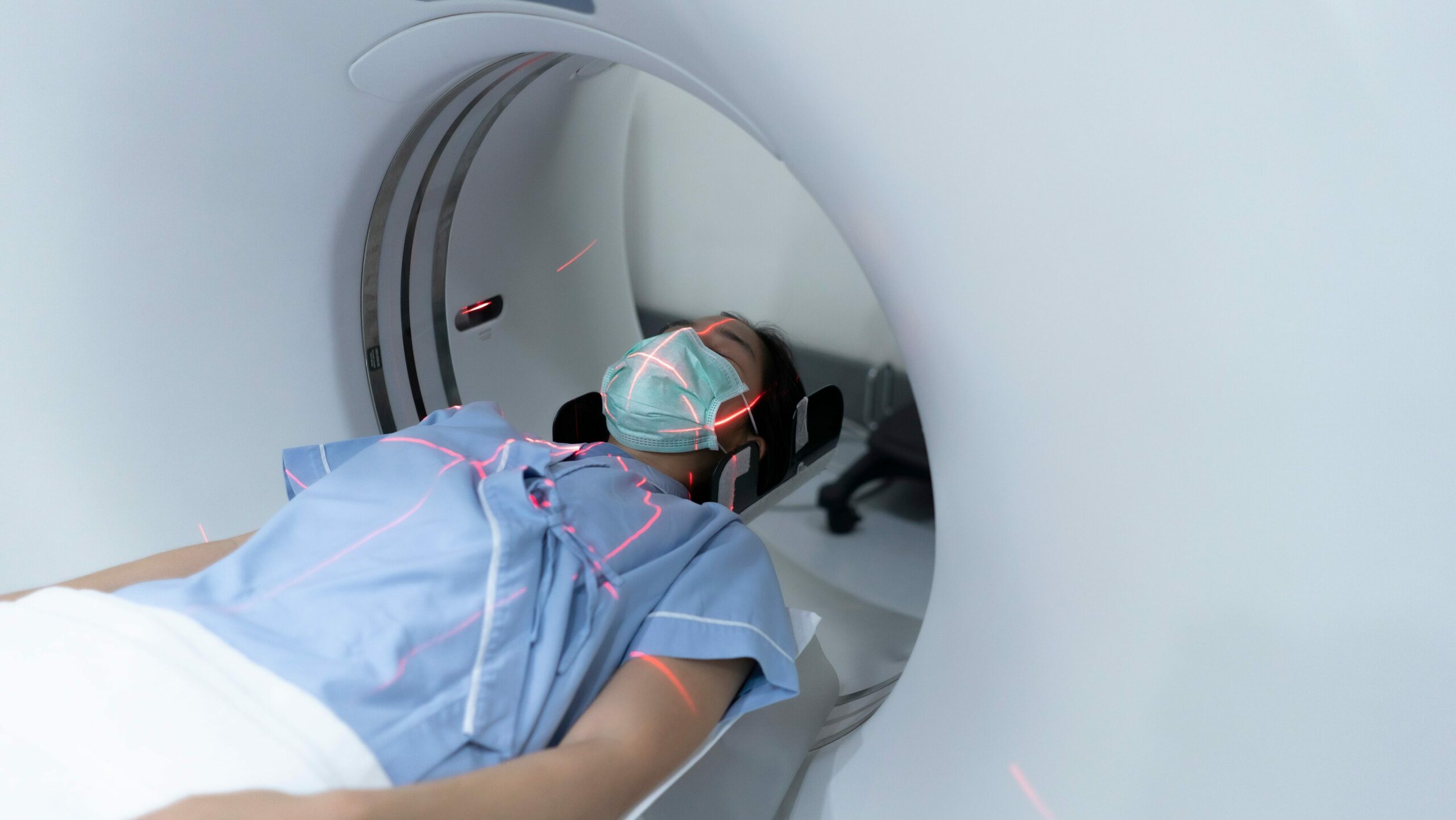
The first week passed with no noticeable change, but by the end of the second week, I could sense a difference. The side effects did kick in, no matter I was determined they wouldn’t. But they certainly weren’t unbearable. The third week was the hardest, the end not yet in sight. I began to hate the vague smell I associated with the treatment. The staff were great. I enjoyed the time spent with them, they were very personable and brought light relief to the situation. The final week brought double areas of treatment on my neck and on the final day I had four. The next day was our pre-wedding treasure hunt and party organised by friends locally. I was shattered but so pleased to see friends and colleagues again, many for the first time since the operation. They had gone to so much effort.
I knew that the side effects would continue to get worse for the following two weeks, before beginning to even out and then improve. The worst day happened to coincide exactly with the day we had chosen to get married on. By the time we got married, I had been unable to eat apart from via the stomach PEG for 3 weeks and unable to drink or swallow for a week. I needed to sleep every few hours. It didn’t matter in the slightest.
The stomach PEG and its attachments became a feature of my dress and the day, I have many mad photos and memories of the whole experience. The bizarreness of the situation meant all our friends pitched in to help organise the wedding day, they helped to make it what it was, extremely special. I was determined to stay awake from 3:00 in the afternoon when things started to kick off and not miss a thing. Shortly after midnight I finally caved in as the music packed up for the night and slept for what felt like a week, and in reality wasn’t far short of.
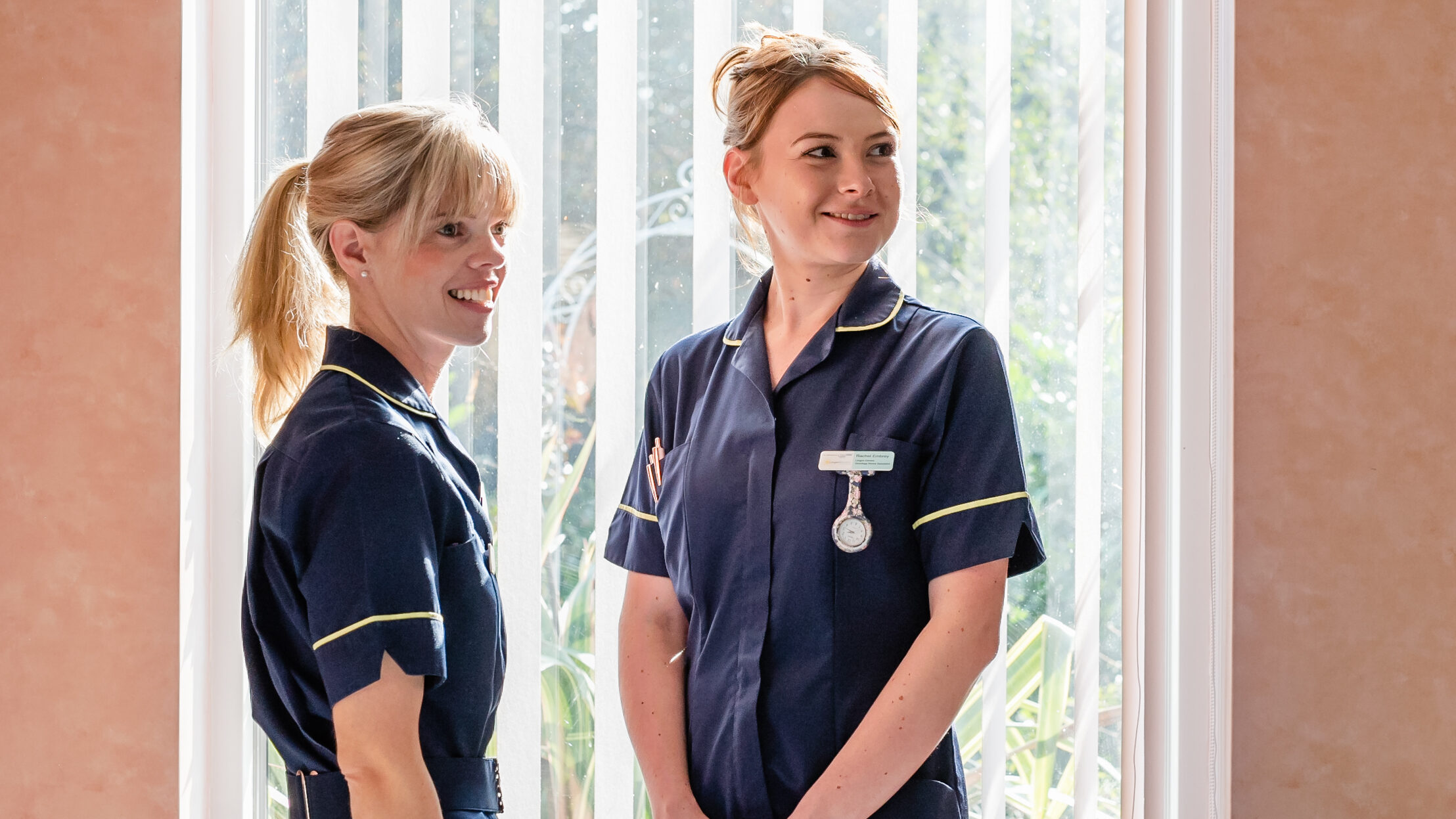
I finally got my stomach PEG out 5 months after it went in, just before we went on our postponed honeymoon. There was something quite symbolic about it, the end of the treatment. I can remember on the day I was having it inserted, the nurse telling me how a man had just come in the day before to have his PEG removed and how it would seem like no time until I too was in the same situation. With so much to undergo in the meantime, it didn’t seem possible, but she was right.
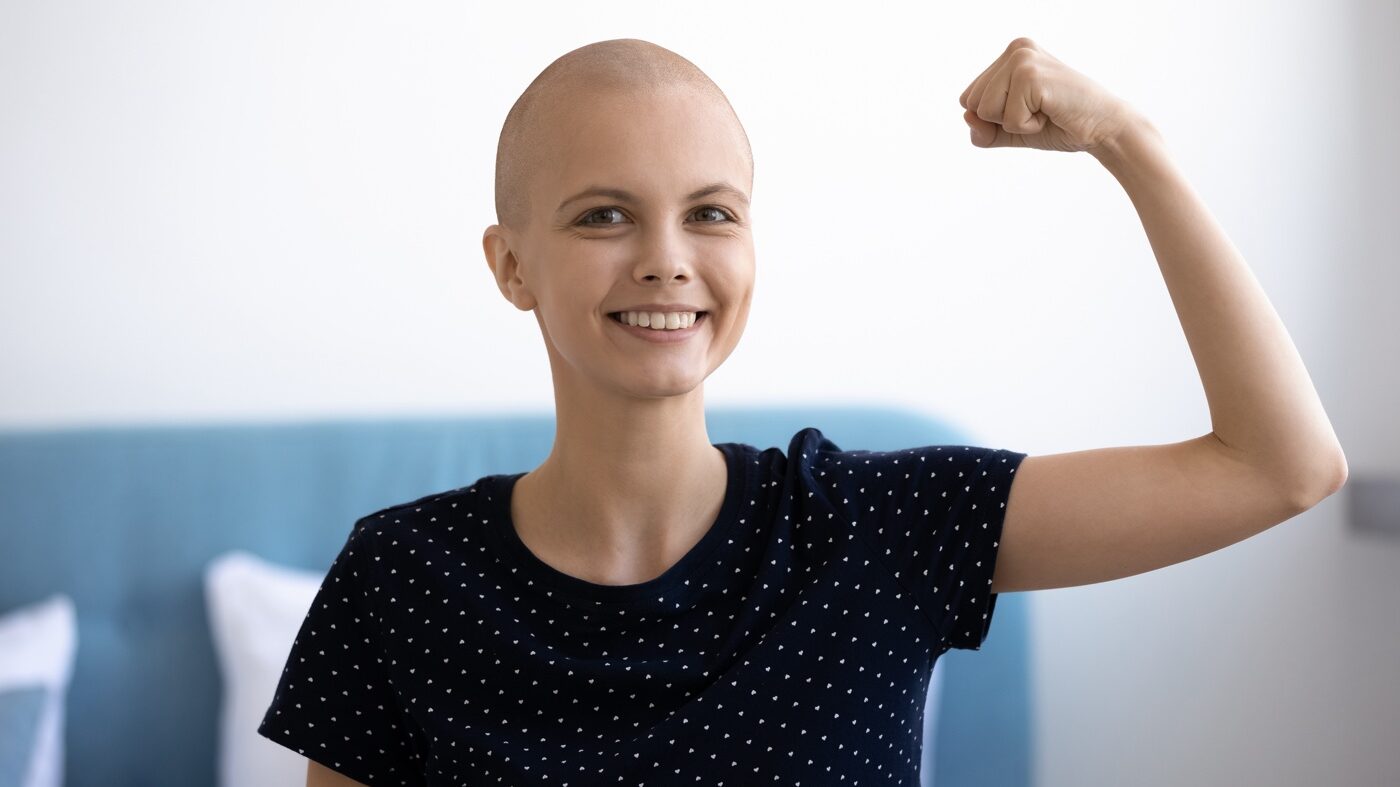
The treatment I received has been excellent from day one. There is a whole support network working together for you; the consultants, doctors, cancer nurse specialists, speech therapist, dietician, dental team, physiotherapists, amongst others who follow you up and see you on a regular basis. I appreciated that the consultants had time to see me in person every day whilst in hospital, and their faces became familiar and approachable. All the staff on the ward, including cleaning staff and porters were so friendly and kind, they made a potentially unpleasant time very bearable. Bizarrely, I have many fond memories of my time spent there.
Having cancer is in some respects easier than being in recovery, because you are at least actively fighting it rather than wondering if it will ever come back. But I don’t sit there waiting for it to see if it will return. Life goes on very much as normal. You discover you can’t live every day as if it were your last. I needed time, even when I was pretty much back to strength physically to get back to normal existence. In a strange way, cancer can be liberating. It forces you to reassess your priorities and look at life in a different way. Things which seemed important and everyday pressures fade into insignificance by comparison.
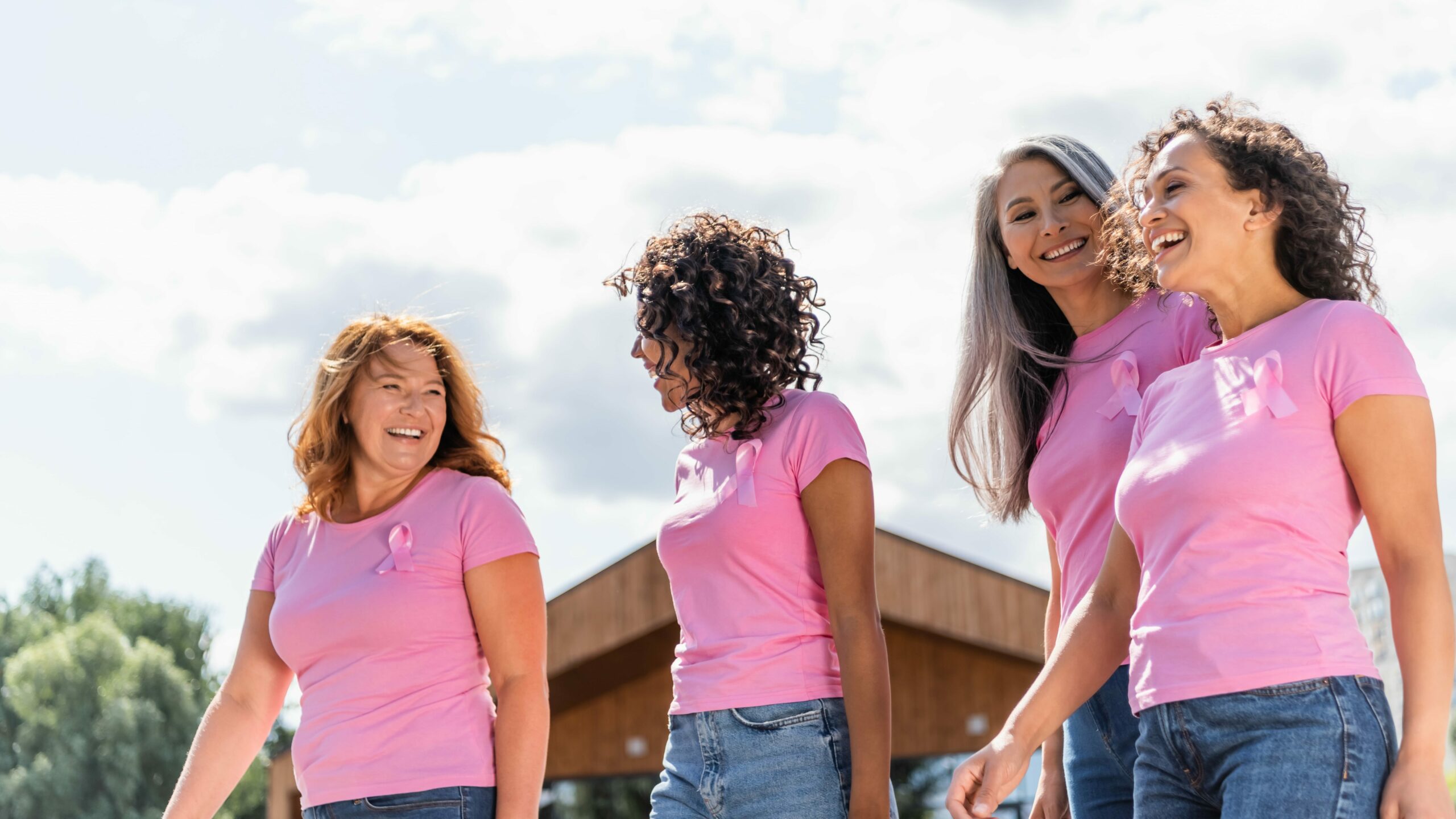
After my treatment, I felt that I wanted to make a small gesture to show thanks for the amazing care I’d received, and hopefully help others get the same help! Some friends and I did a coast to coast bike ride, and it was lovely that the pupils at my school took part in two sponsored walks, raising thousands of pounds to support our local services.
More than ten years on, I have some small side effects from my treatment – I have limited taste buds, and produce a very small amount of saliva so need to make sure I have a bottle of water with me. These things are a really small price to pay though!
I don’t suppose the experience ever goes away completely, but it subsides to a healthy place in your mind. I never imagined at the time of treatment that I would be lucky enough to have three children, and go on to have so many mad adventures and so much fun with them. Time is honestly a great healer, just as the proverb says, although at the time, it may feel impossible to believe or imagine!
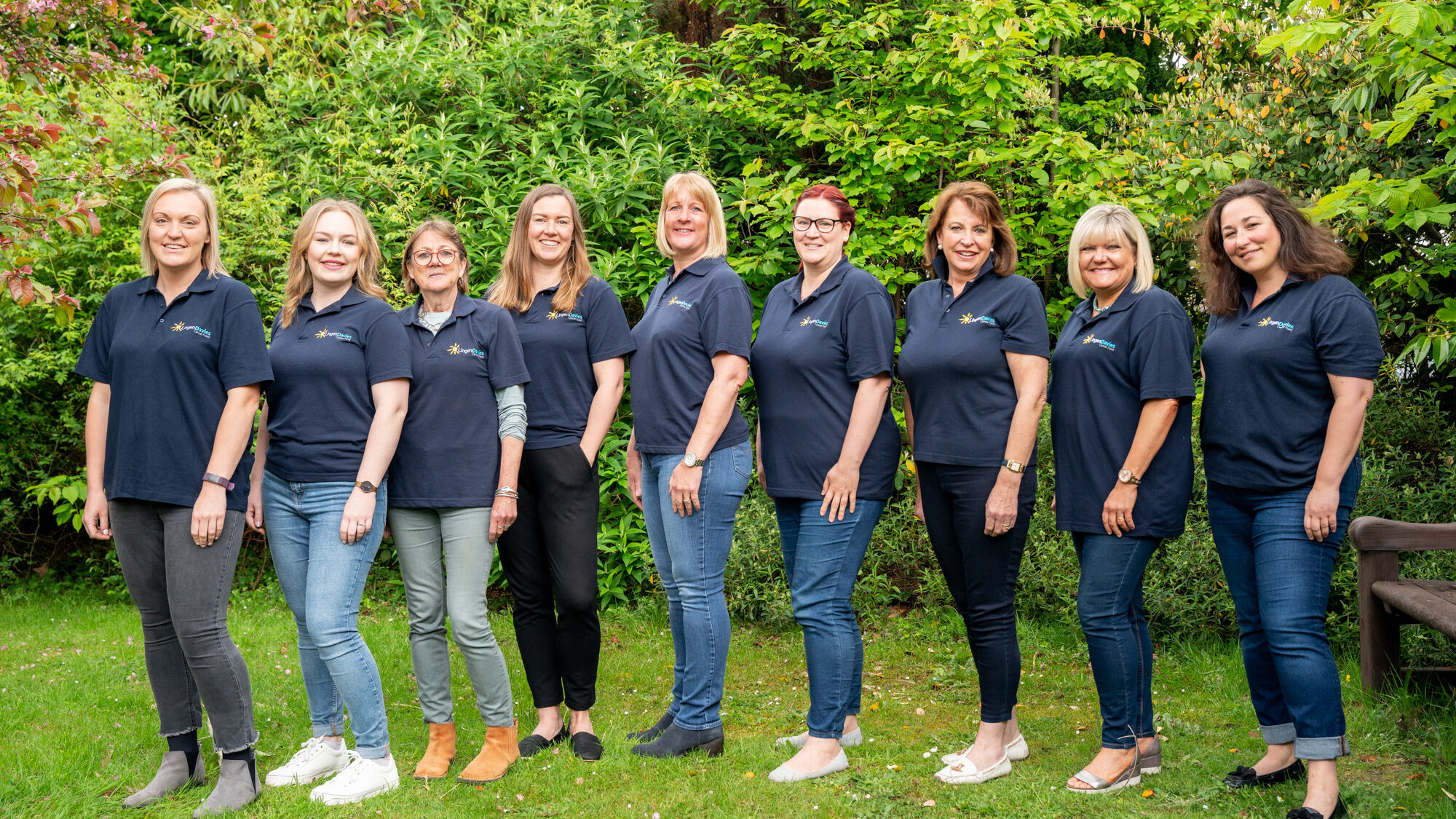
Are you looking to get support from someone who is going through the same journey as you like Rachael? Many people find it useful to speak to others who are going through the same things as them. There are a range of support groups in our area, some focusing on specific cancers and other more generally.
